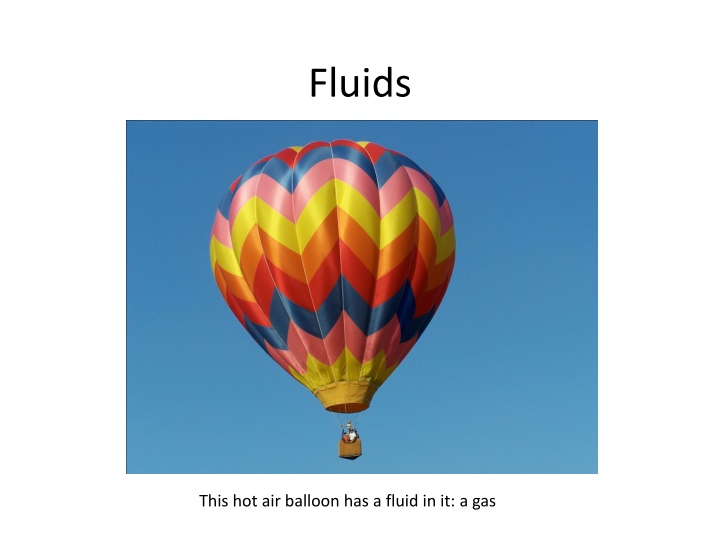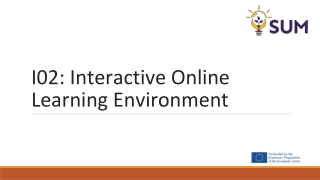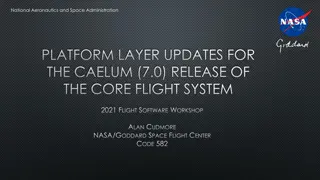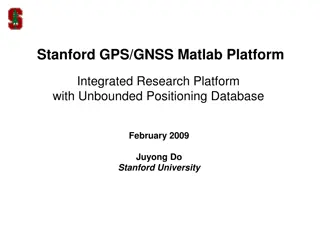Enhance Learning with Go1 Platform
Over 100,000 resources on the Go1 platform to upskill anytime, anywhere. Simplified accessibility for all teams, personalized content recommendations, and easy goal setting and tracking. Register with your work email, access personalized learning accounts, and gain valuable insights. Contact the Learning and Development team for assistance or inquiries.
Download Presentation

Please find below an Image/Link to download the presentation.
The content on the website is provided AS IS for your information and personal use only. It may not be sold, licensed, or shared on other websites without obtaining consent from the author.If you encounter any issues during the download, it is possible that the publisher has removed the file from their server.
You are allowed to download the files provided on this website for personal or commercial use, subject to the condition that they are used lawfully. All files are the property of their respective owners.
The content on the website is provided AS IS for your information and personal use only. It may not be sold, licensed, or shared on other websites without obtaining consent from the author.
E N D
Presentation Transcript
Fluids This hot air balloon has a fluid in it: a gas
Fluids A fluid is a liquid or a gas As you know, fluids do not have a definite shape, unlike solids Fluids can flow, which is how they move This picture shows one fluid flowing into and mixing with another fluid
Random movement Fluid particles move around randomly, hitting other particles This means that we cannot predict where one particle of a fluid will be in the future The fluid, however, which is made of many particles, doesn t move randomly, and we can predict where it will move This shows the random movement of one particle in a fluid
Concentration In physics and chemistry, concentration means how much of something (mass, volume, or number of particles) there is in a unit volume (liters is most commonly used) Brackets like this: [] around the name of a substance mean its concentration mass of x vol. of x # of particles of x tot. vol. total vol. total volume For example, if I mix 10 g of salt into 2 L of water, what is the [salt]?[salt]=5g/L [x]= or or
Dilute or Concentrated? If something is dilute, it has a lower concentration than something else If something is concentrated, it has a higher concentration than something else These cups have different concentrations of a substance in water. Which is the most dilute and which is the most concentrated?
Diffusion Diffusion is the spreading out of fluid particles in their container until their concentration is the same everywhere The particles always move from high concentration (concentrated) to low concentration (dilute) in diffusion In this picture, particles are diffusing from the more concentrated area on the left to the more dilute area on the right
More about diffusion Diffusion is caused by the random movement of the particles in the fluid How fast diffusion happens can change with temperature and the mass of the particles that are diffusing Diffusion happens faster at higher temperatures and with particles that have lower masses water sugar























